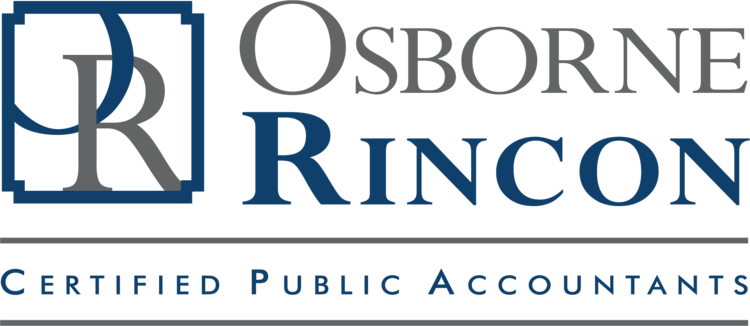By: Michelle Sierra
It’s that time of year when businesses will be receiving notices from county tax assessors requesting a business personal property tax return to be filed (also known as Form 571-L). While many businesses are accustomed to filing Form 571-L, new business owners are often uninformed as to what this return is, whether they need to file, or when the return is due.
The California Revenue and Tax Code permits the taxation of all property, both real and personal. Businesses that have personal property used in day-to-day operations are therefore, required to report property annually to the county in which the business operates. A business owner may be subject to filing multiple business personal property tax returns if there is more than one business location.
Businesses are subject to the filing requirement when they receive a Business Personal Property Statement from the county assessor. Businesses are also required to file on your own accord (without notice from county assessor) when the value of business personal property equals or exceeds $100,000. Depending on what county the business is located in, this form must be paper filed or electronically filed by April 1st. Penalties will incur if the return is not filed and received by the county by close of business on May 7th. However, if May 7th falls on a weekend or observed holiday, the return will be considered timely filed if received by the close of the next business day.
Assets subject to assessment include all personal property owned as of January 1st of each year. Some of the more common assets subject to tax include, but are not limited to, machinery and equipment, office furniture, and computers. Certain items such as vehicles licensed with California Department of Motor Vehicles, application software, and solar panels are exempt from reporting. Therefore it is important to clearly distinguish these assets on your books and records to avoid inadvertent assessment.
Once the return is submitted, the county assesses a property tax based on the information provided and will send a notice of tax due. Most tax rates range from 1% to 1.25% based on the location of the property.
It is also important to make sure disposed, sold, or abandoned assets are removed from your records prior to filing to avoid any assessments on any assets that are no longer is existence.
Bio: Michelle Sierra joined Osborne Rincon CPAs in August of 2013. While attending school full-time, Michelle gained knowledge working as an intern at Coachella Valley Water District in the Finance Department.
For more information call Osborne Rincon CPAs at 442-307-5512
